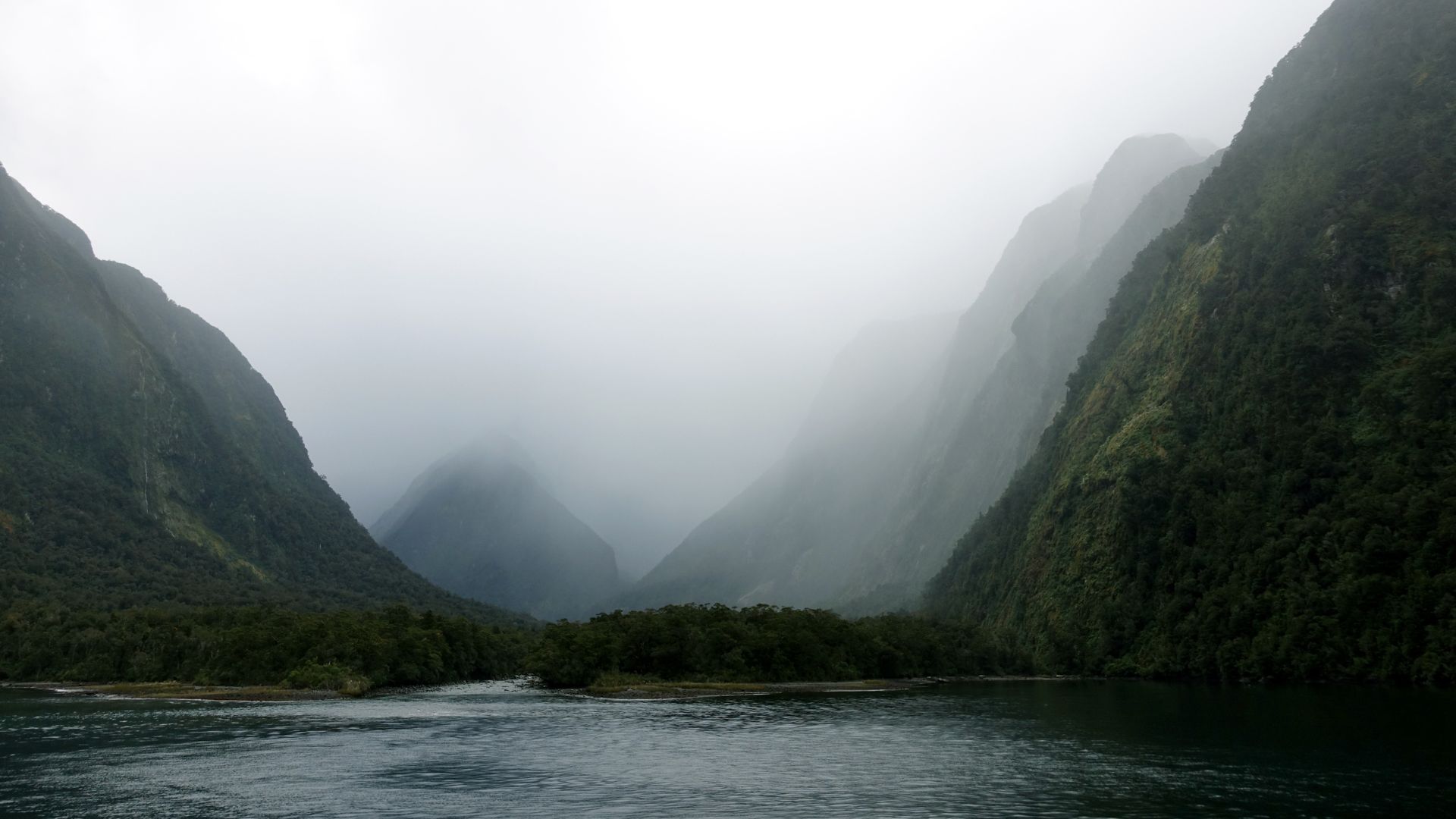By Isabella Winkler and Josh Klemm, Co-Executive Directors
“It is an easy answer, but it is hard to digest.” This is how The New York Times opinion page put it this morning.
The state of democracy affects everything downstream – including, quite literally, our rivers. At International Rivers, where we work with communities living alongside rivers in the Global South, we see this connection every day.
Democracy isn’t just about casting votes. It’s about whose voices matter in the decisions that shape our world. When we work with communities along the banks of the Salween, the Tapajos, the Teesta, the Kunene, we see how the most effective river protection comes when previously marginalized voices – especially those of Indigenous communities, women, youth – are brought to the forefront.
This is democracy in its most essential form: the deep practice of listening to those who have been historically sidelined. It’s about recognizing that the best decisions come from diverse perspectives, especially from those who bear the brunt of environmental degradation.
The challenges to democracy that we’re witnessing globally are more than abstract political issues – they have real consequences for environmental and social justice. When democratic institutions weaken, environmental protections and human rights often follow suit. We’ve seen how autocratic tendencies frequently align with the dismantling of environmental safeguards, the silencing of Indigenous voices, and the prioritization of short-term gain over long-term sustainability.
The path forward requires us to recognize that environmental protection and democratic principles are inseparable. When we talk about saving rivers, we’re also talking about saving the democratic principles that enable communities to stand up for their environmental rights. Every time we help amplify the voice of a riverside community member, every time we ensure women’s participation in water management decisions, we’re not just protecting rivers – we’re strengthening the very fabric of democratic decision-making.
As we navigate these challenging times, our work reminds us that democracy, like a river, requires constant attention and care. It must flow freely, nourished by diverse tributaries of thought and experience. And like the communities we serve, we must remain resolute in our commitment to both environmental and democratic principles, understanding that they flow together toward a more sustainable and just future.
The answers to the problems before us are not easy, but the work is essential. True democracy and environmental protection share the same fundamental principle: the voices of those most affected must be at the center of the decisions that impact their lives.
Featured Photo: Canva

